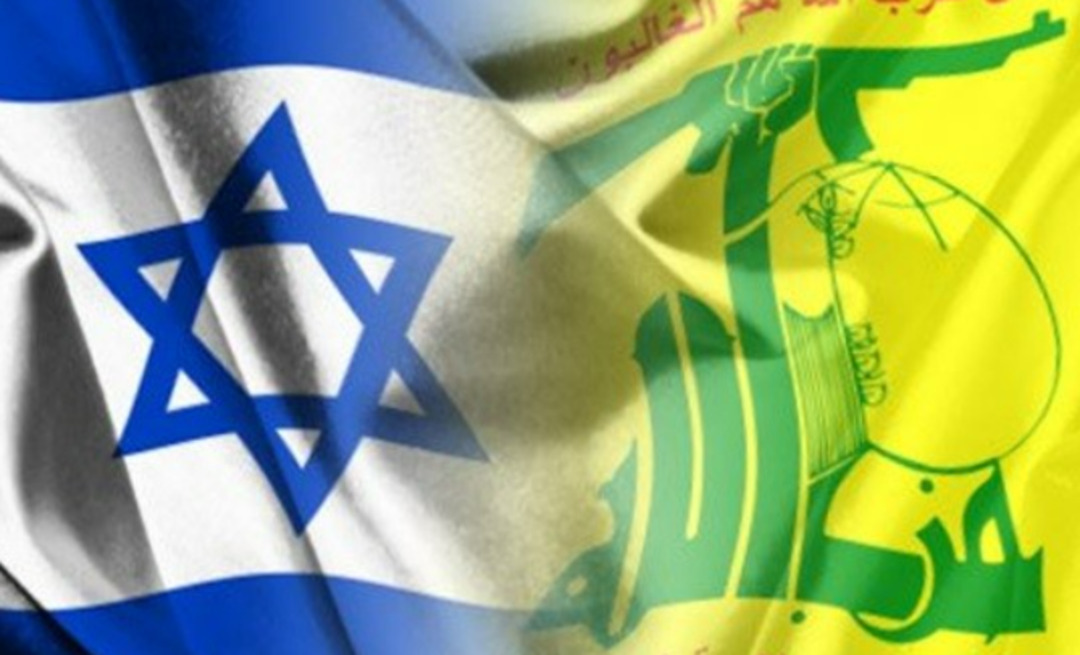-
Ambiguity Surrounding the Future of Hezbollah's Weapons: Between Israel and the State's Resolve

As Israeli strikes escalate on the southern suburbs of Beirut, the debate in Lebanon has shifted to focus on the future of Hezbollah's weapons and their role amid ongoing violations by Israel and the lack of internal consensus on the concept of a capable state.
In the "Ninth Hour" program on Sky News Arabia, political writer and researcher Mohamed Hamieh stated that Israel "bears responsibility for violating the ceasefire and Resolution 1701," pointing out that the Lebanese army "has detected thousands of violations since 2006." He emphasized that the Lebanese army "denied the Israeli narrative" claiming the existence of missiles and weapons in the southern suburbs.
While discussing the fate of Hezbollah's arms and its refusal to surrender them to the state, Hamieh acknowledged that the ongoing dialogue addresses "the exclusivity of weapons in the hands of the state" rather than "disarmament," within a national vision that preserves sovereignty.
Hamieh revealed that the Lebanese president has tasked channels of communication with Hezbollah to discuss this matter seriously, indicating that the party showed a "conditional openness" to the proposal but raised "legitimate questions," including the continued Israeli occupation of parts of the south and repeated threats.
When asked whether keeping weapons in the hands of Hezbollah provides Israel with a pretext for its continued violations and occupation, Hamieh replied that Israel continues its aggression against Syria despite the absence of an actual threat, asserting that "the Israeli occupation project in the region is not only linked to Hezbollah's weapons but also to a broader agenda seeking regional control."
In another part of the discussion, questions were raised about Hezbollah's participation in Lebanese governments and accusations of establishing a "state within a state" through a parallel financial and military structure. In this context, Hamieh clarified that the Lebanese resistance predates the "Iranian revolution" and that Hezbollah "was established to confront the Israeli occupation, not as an external arm."
He argued that accusations of turning the party into a "state within a state" do not negate its role in liberating the south in 2000 and its contribution to establishing a deterrent equation with Israel since the 2006 war.
Regarding the future of the "defensive strategy," Hamieh emphasized that the ongoing discussions, led by the president and the army commander with Hezbollah, aim to put weapons under a national framework that serves to protect Lebanon from any Israeli aggression, away from the limelight and in the interest of the state and the Lebanese people.
Hamieh concluded by asserting that the local community in the south and the resistance environment "extend their hand to the Lebanese state and the army," calling for the necessity of continuing to assert the state's authority in the south and strengthening the role of the national army as part of the sovereign state project.
You May Also Like
Popular Posts
Caricature
opinion
Report
ads
Newsletter
Subscribe to our mailing list to get the new updates!






















